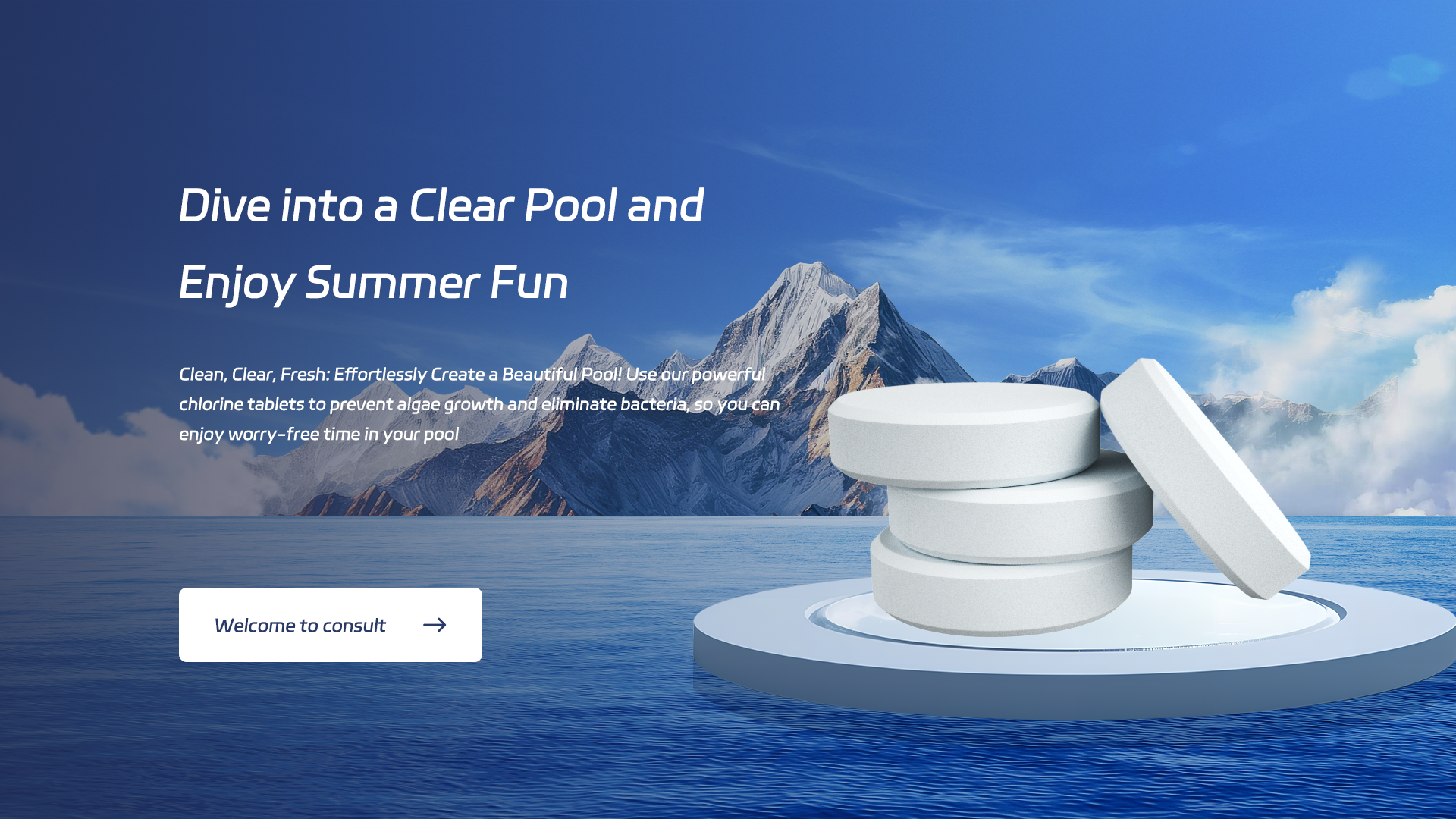How to Reduce Chlorine Tablet Usage in Pool Maintenance?
Maintaining a clean and safe pool is a top priority for homeowners. Pool chlorine tablets play a crucial role in keeping the water free of bacteria and algae. However, many pool owners are looking for ways to reduce their reliance on chlorine. Excessive chlorine use can lead to skin irritation and damage to pool equipment. This article will explore effective strategies for minimizing pool chlorine tablets while maintaining a healthy pool.
I. Why Reduce Chlorine Tablet Usage?
First, it’s essential to understand why reducing chlorine use is beneficial. Regular use of pool chlorine tablets ensures a sanitized environment, but overuse can cause problems. High chlorine levels can irritate swimmers' skin and eyes. Additionally, continuous exposure to chlorine can weaken pool liners and corrode metal parts. By reducing your reliance on chlorine, you can create a more balanced and comfortable pool environment.
Moreover, reducing chlorine use is also environmentally friendly. Excess chlorine runoff can negatively impact local water systems. Cutting back on best pool chlorine tablets can help minimize environmental damage.
II. Keep Pool Water Balanced
One of the most effective ways to reduce pool chlorine tablets is by keeping your pool’s water chemistry balanced. Properly balancing the pH, alkalinity, and calcium hardness of your pool water ensures that chlorine works more efficiently. If the water chemistry is off, you’ll need more chlorine to achieve the same sanitizing effect.
Check your pool’s pH level regularly. The ideal pH range is between 7.2 and 7.6. This range allows chlorine to perform its job effectively without overuse. Alkalinity should also stay between 80 and 120 parts per million (ppm) to stabilize the pH.
III. Use a Pool Cover
A pool cover can significantly reduce the need for best pool chlorine tablets. Covers prevent debris from falling into the pool, reducing the workload of your filtration system. This means less organic material in the water, which would otherwise consume chlorine.
Additionally, pool covers limit sunlight exposure, which breaks down chlorine. When you use a cover, you can maintain chlorine levels for longer periods. This allows you to use fewer pool chlorine tablets over time.
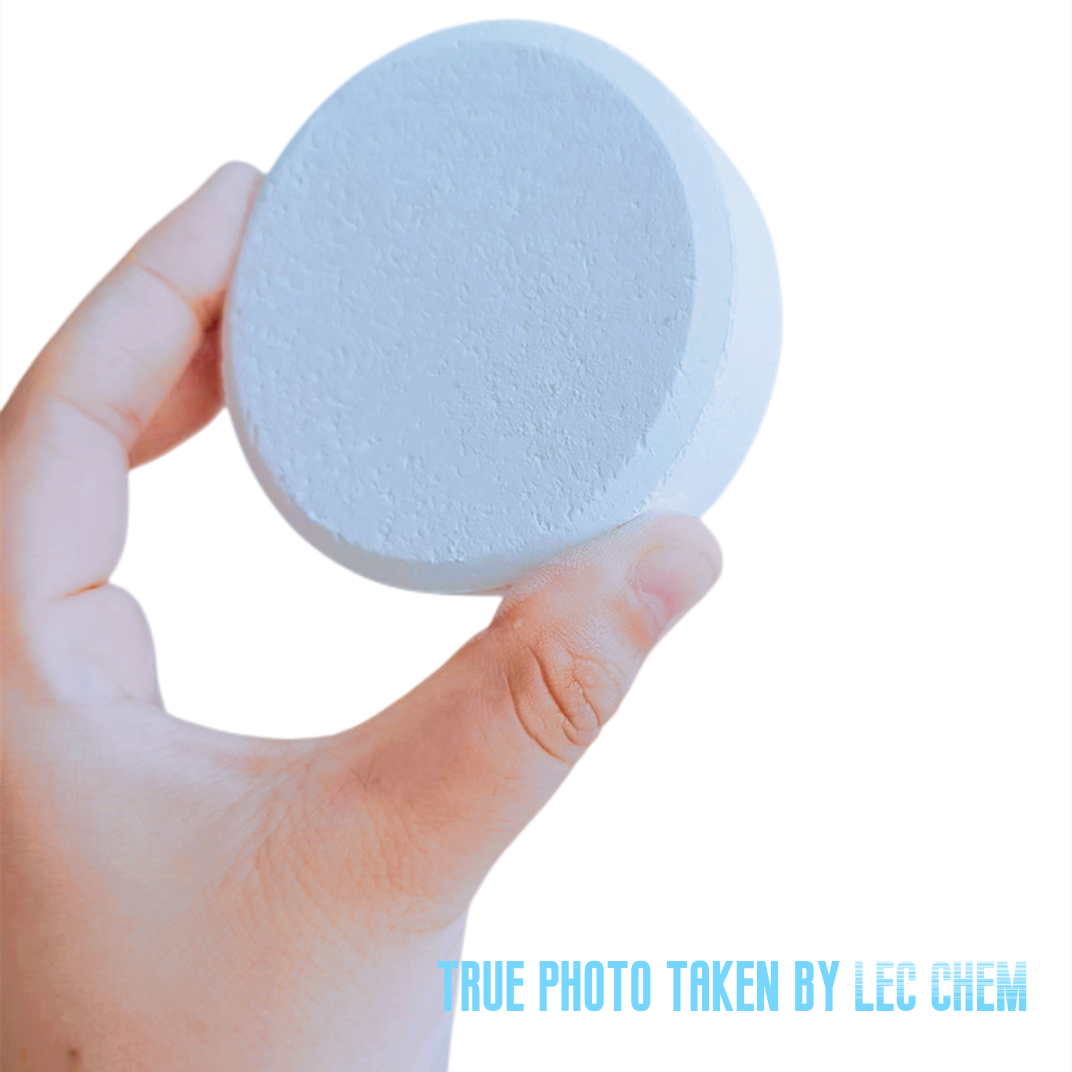
IV. Invest in a Saltwater System
Another effective way to reduce chlorine tablet usage is by installing a saltwater system. Saltwater systems generate chlorine naturally by converting salt into chlorine through a process called electrolysis. This system continuously produces a small amount of chlorine, reducing the need for pool chlorine tablets.
Saltwater pools also offer a more comfortable swimming experience. They contain lower chlorine levels, which reduces skin irritation and eliminates the strong chlorine smell. Although saltwater systems have an upfront cost, they can save you money on chlorine tablets in the long run.
V. Regular Pool Cleaning
Regular cleaning is key to reducing your reliance on pool chlorine tablets. Debris, such as leaves and insects, introduce organic matter into the water, consuming chlorine. By frequently skimming and vacuuming your pool, you reduce the demand for chlorine.
Make sure to clean the pool walls and floor to prevent algae buildup. Algae growth can significantly increase chlorine consumption. By maintaining a clean pool, you’ll keep algae and bacteria at bay, reducing your need for best pool chlorine tablets.
VI. Optimize Filtration System
A well-functioning filtration system can also help you cut back on pool chlorine tablets. The filtration system removes dirt and contaminants from the water, reducing the chlorine load. Ensure your filter runs for at least eight hours a day during the swimming season.
Backwash the filter regularly to keep it functioning optimally. A clogged or dirty filter reduces water circulation, which can lead to poor water quality. Proper filtration ensures that chlorine remains effective, allowing you to use fewer tablets.
VII. Shock the Pool Less Frequently
While shocking the pool is necessary for removing contaminants, doing it too often can lead to chlorine overuse. Pool shock contains a high concentration of chlorine, which can make the water uncomfortable for swimming. Instead, monitor chlorine levels and only shock the pool when necessary.
If you maintain balanced water and use other methods like covers and regular cleaning, you won’t need to shock the pool as often. This can reduce your overall use of best pool chlorine tablets.
VIII. Use Alternative Sanitizers
Incorporating alternative sanitizers is another effective strategy to reduce chlorine tablet usage. Mineral-based sanitizers, such as those containing silver or copper ions, help control bacteria and algae growth. These sanitizers can work alongside pool chlorine tablets to reduce the overall chlorine demand.
Ultraviolet (UV) systems are another option. UV systems sanitize the water by breaking down bacteria and viruses using UV light. This method allows you to maintain a lower chlorine level while still keeping the pool safe. These alternatives complement chlorine and help reduce its usage.
IX. Monitor Pool Chlorine Levels
Lastly, consistently monitor your pool’s chlorine levels. Regular testing ensures that you don’t over-chlorinate the water. Use a pool test kit to check chlorine levels and make adjustments as needed. Keeping the chlorine level between 1 and 3 parts per million (ppm) is ideal for safe swimming.
If the chlorine levels are too high, you can reduce the number of pool chlorine tablets you use in the future. By staying vigilant and testing frequently, you’ll have better control over chlorine use.
X. Conclusion
Reducing the use of pool chlorine tablets is not only better for swimmers but also more eco-friendly. By balancing your pool water, using a cover, and investing in a saltwater system, you can minimize chlorine consumption. Regular cleaning, optimized filtration, and alternative sanitizers also play crucial roles. Ultimately, adopting these strategies helps you maintain a clean pool while reducing the need for best pool chlorine tablets.
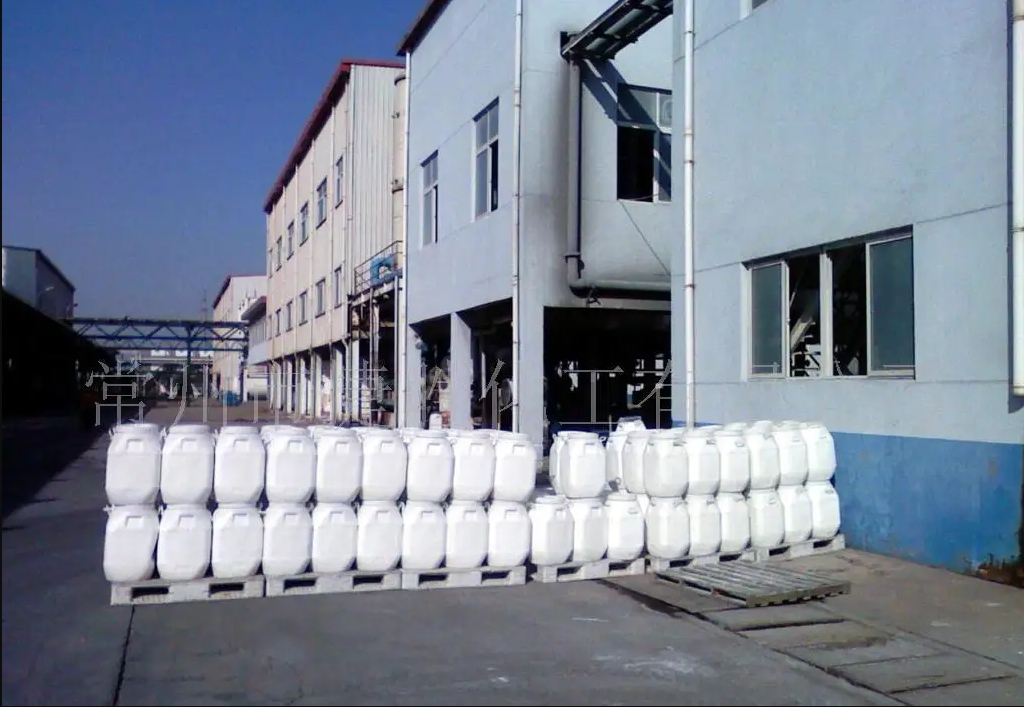 Largest China Factory Manufact
Largest China Factory Manufact
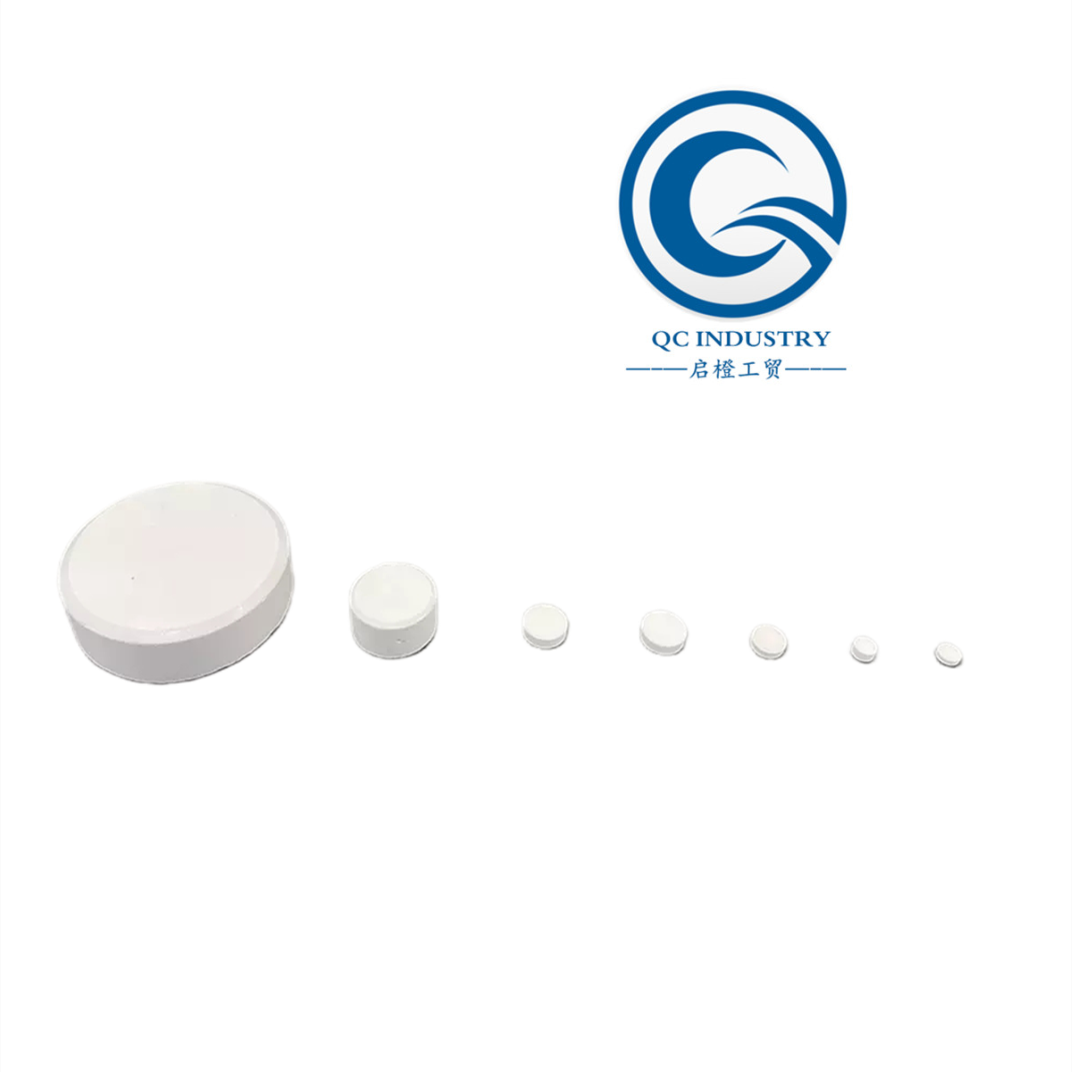 Cheap but Good Chlorine Tablet
Cheap but Good Chlorine Tablet
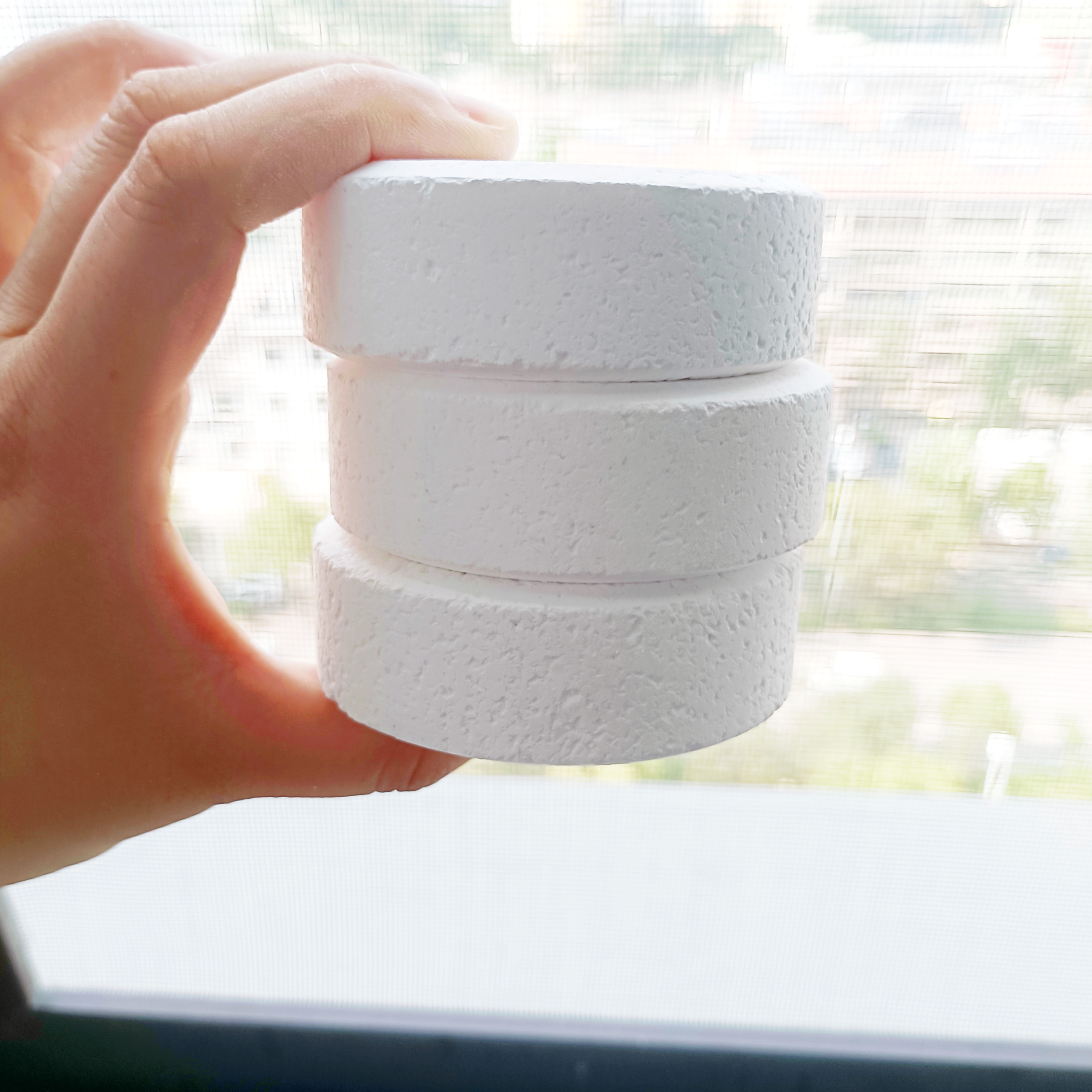 Cheap but Good Chlorine Tablet
Cheap but Good Chlorine Tablet
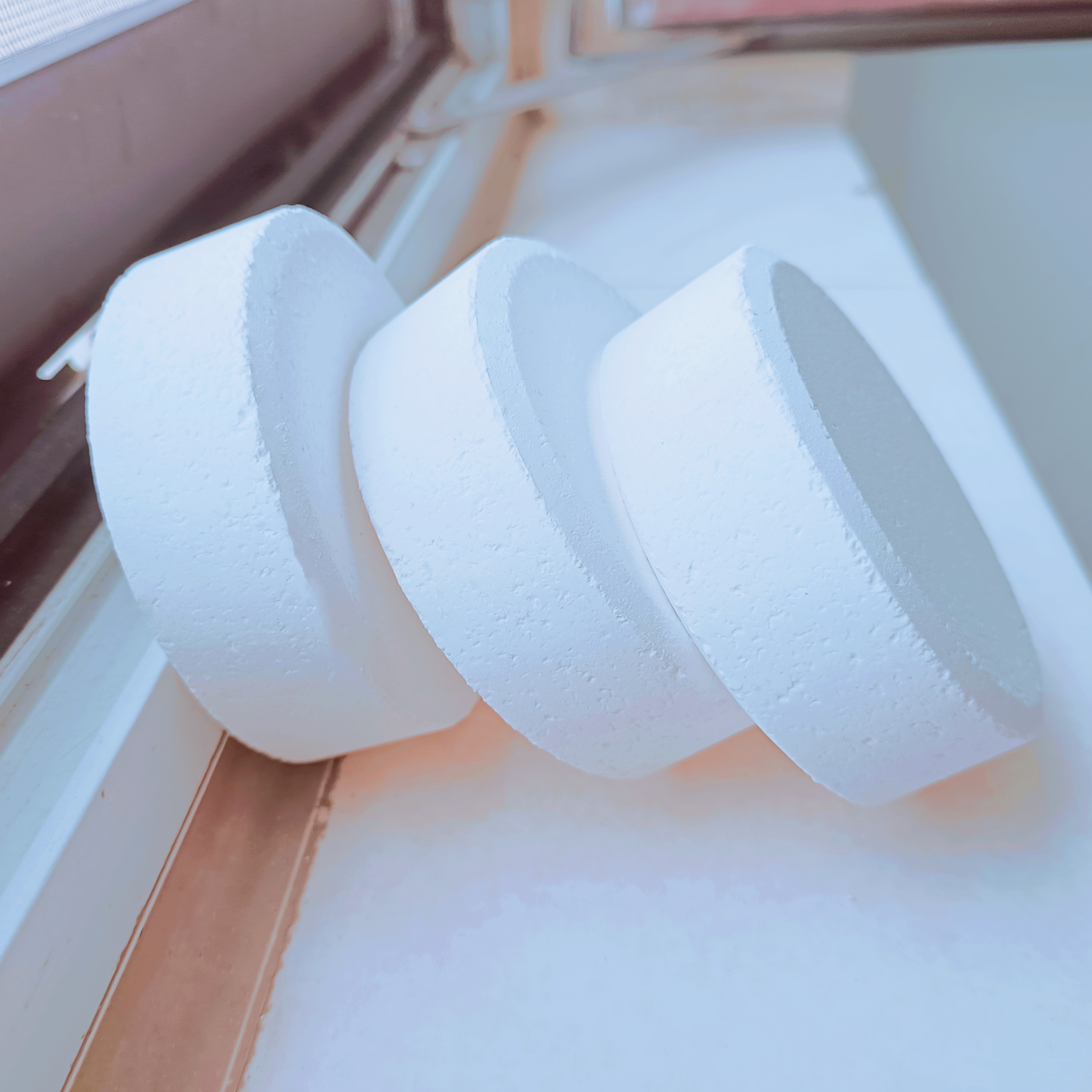 What Size Chlorine Tablets for
What Size Chlorine Tablets for

